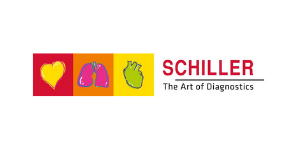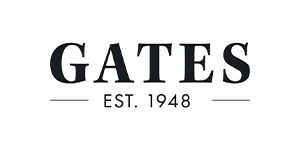Monitor
We recently invested a great deal of time and money sourcing the most comprehensive, up-to-date monitors for our volunteer doctors.
The Schiller DEFIGARD Touch 7 is extremely compact and offers the latest defibrillation technology in combination with comprehensive monitoring functions. This means that it is easily portable to the scene of emergencies and offers the most up-to-date clinical tools. This monitor works wirelessly to download patient data to a secure server so that we can analyse and learn from incidents we attend.
Despite huge support from Schiller these monitors are expensive, but we believe worth it. Each monitor costs £15,000. If you would like to contribute towards the cost, or help fund one of these for an EMICS doctor, please get in touch via the contact us page.


















